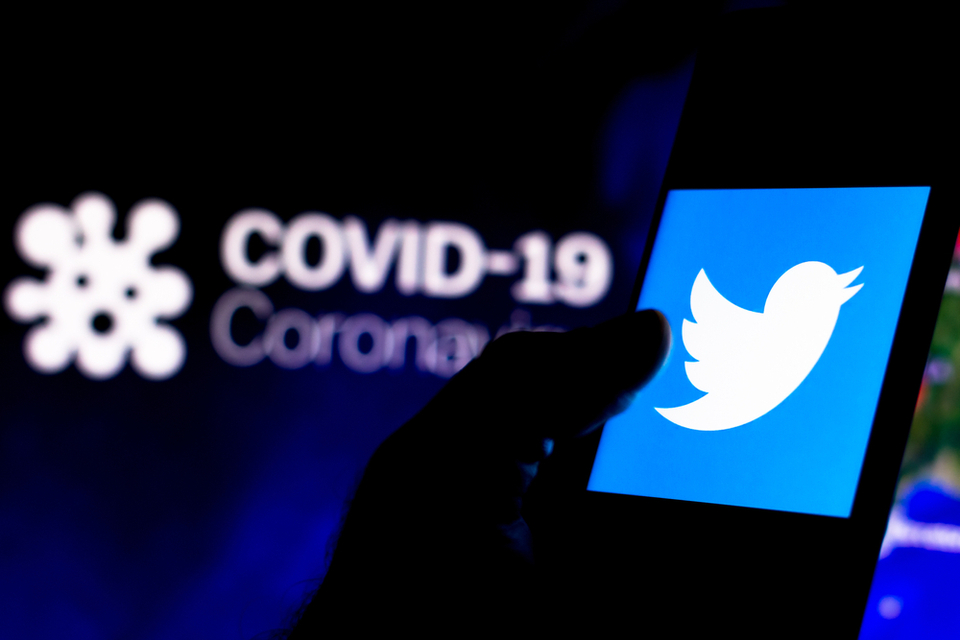As the novel coronavirus continues to spread, countries around the world are considering a technology-based solution to manage the pandemic.
For example, some organizations are creating coronavirus contact tracing apps, including crowdsourced symptom tracking tools. Other efforts entail curbing the spread of COVID-19 misinformation on social media platforms.
Now, Twitter has decided to contribute more to the growing effort. The social media platform launched a COVID-19 dataset of tweets for approved developers as well as researchers.
In a blog post announcement, staff product manager at Twitter, Adam Tornes, wrote:
“… we’re releasing a new endpoint into Twitter Developer Labs to enable approved developers and researchers to study the public conversation about COVID-19 in real-time.”
In other words, researchers that are studying the pandemic will now have access to data on real-time conversations about the disease.
According to the announcement, the data set is in line with Twitter’s ongoing effort to protect the public discussions. At the same time, it’ll help more people find authoritative health information around COVID-19.
Using Twitter’s COVID-19 Dataset in a Time of Crisis
Twitter’s API endpoint will essentially channel millions of coronavirus related tweets towards approved researchers.
So, the researchers will be able to identify trends and provide surface insights about the disease. This information could ultimately result in the development of new tools as well as resources to address the crisis.
Speaking about the project, Twitter’s CEO, Jack Dorsey, said:
“Public conversation can help the world learn faster, solve problems better, and realize we’re all in this together. Facing a devastating global pandemic really brings that, and Twitter’s role, to light.”
The specific development that’ll emerge from the COVID-19 dataset is currently unclear. However, the potential applications are numerous.
According to Twitter, possible use cases include:
- Identifying keywords in tweets to understand how the disease spreads
- Investigating how misinformation goes viral
- Creating new emergency responses to technologies
- Developing machine learning and big data technologies to answer COVID-19 questions, among others
Meanwhile, vice president of the European Commission, Vera Jourova, welcomed the initiative.
Furthermore, Jourova, who is responsible for disinformation issues, emphasized how essential it is for researchers to have access to useful non-personal data and tools.
“This is key to understanding the spread of disinformation,” she told AFP.



















Comments (0)
Most Recent